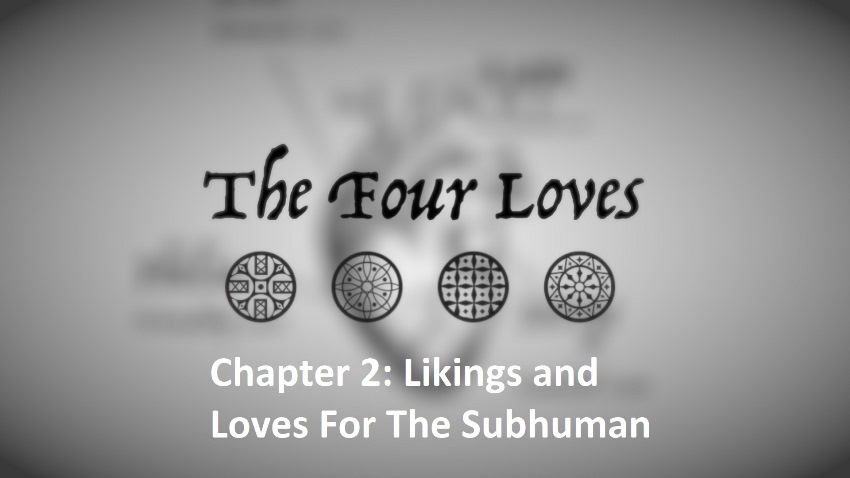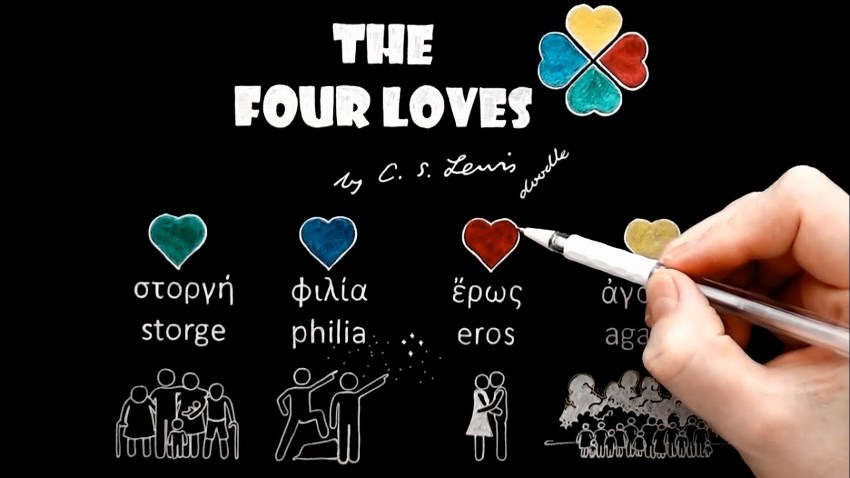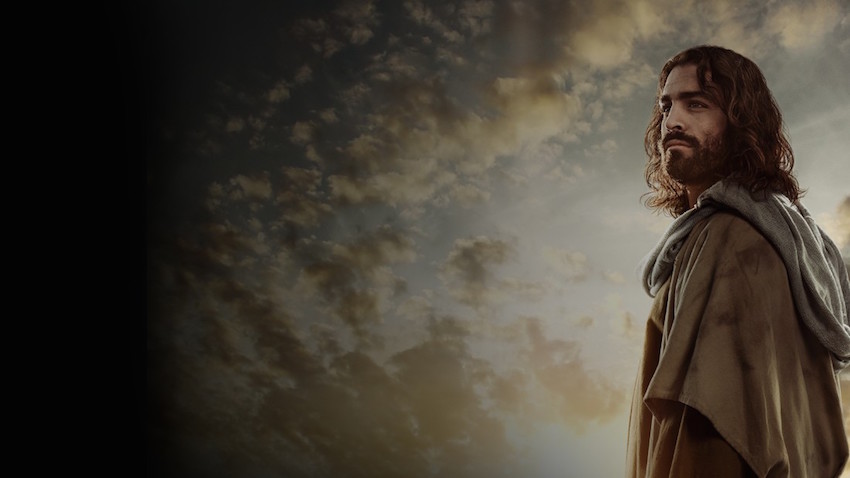The Four Loves – Chapter 2 (Part 2: “Love of nature”)


Continuing my notes on The Four Loves, this is the first of two posts which continue my summary of Chapter 2 (“Likings and Loves for the subhuman”). In this post we will be looking at the section which Lewis devotes to the love of nature.
1. Some people have a special love of nature
For some people, perhaps especially for Englishmen and Russians, what we call “the love of nature” is a permanent and serious sentiment. I mean here that love of nature which cannot be adequately classified simply as an instance of our love for beauty.
(a) This is more than simply an appreciation of beauty
Of course many natural objects – trees, flowers and animals – are beautiful.
(i) Either of individual objects…
But the nature-lovers whom I have in mind are not very much concerned with individual beautiful objects of that sort. The man who is distracts them. An enthusiastic botanist is for them a dreadful companion on a ramble. He is always stopping to draw their attention to particulars. N
(ii) …or of vistas
or are they looking for “views” or landscapes. Wordsworth, their spokesman, strongly deprecates this. It leads to “a comparison of scene with scene”, makes you “pamper” yourself with “meagre novelties of colour and proportion”.
(b) For these lovers of nature, it is about the “Spirit” of the place
While you are busying yourself with this critical and discriminating activity you lose what really matters – the “moods of time and season”, the “spirit” of the place. And of course Wordsworth is right. That is why, if you love nature in his fashion, a landscape painter is (out of doors) an even worse companion than a botanist. It is the “moods” or the “spirit” that matter.
(c) Which is why beauty itself per se is the focus
Nature-lovers want to receive as fully as possible whatever nature, at each particular time and place, is, so to speak, saying. The obvious richness, grace and harmony of some scenes are no more precious to them than the grimness, bleakness, terror, monotony, or “visionary dreariness” of others. The featureless itself gets from them a willing response. It is one more word uttered by nature. They lay themselves bare to the sheer quality of every countryside every hour of the day. They want to absorb it into themselves, to be coloured through and through by it.


 A few years ago I became fascinated by the Westboro Baptist Church, the media-savvy Christian group who picket the funerals of US soldiers, and who seem to delight in telling everyone that they’re going to hell.
A few years ago I became fascinated by the Westboro Baptist Church, the media-savvy Christian group who picket the funerals of US soldiers, and who seem to delight in telling everyone that they’re going to hell. As Audrey Assad’s new album is set to drop, she’s released another new single, “Wounded Healer”. It’s a wonderful track, even aside from the fact that it’s also the title of
As Audrey Assad’s new album is set to drop, she’s released another new single, “Wounded Healer”. It’s a wonderful track, even aside from the fact that it’s also the title of 
